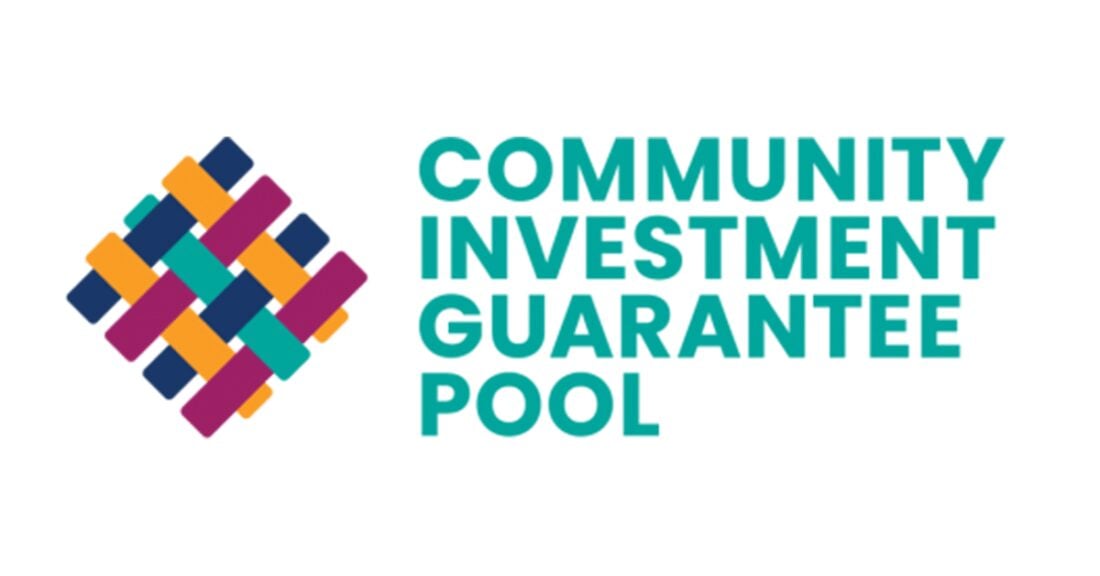United States Sees Launch of First Guarantee Pool for Community Development Investments

Today, the Community Investment Guarantee Pool (the Pool), a new community development tool and the first of its kind in the United States, announced its formation. Backed by guarantee commitments totaling $33.1 million from 10 philanthropic organizations across the United States — including the Baltimore-based Annie E. Casey Foundation — and a large health care system, the Pool is expected to catalyze more than $150 million in new community investments in small businesses, climate and affordable housing.
Guarantees are unfunded commitments from an organization’s endowment that offer risk mitigation.
LOCUS Impact Investing (LOCUS), a subsidiary of Virginia Community Capital, a nonprofit community development financial institution with $413 million in assets under management, will serve as the program manager working with the investors, underwriting guarantee commitments as well as monitoring and managing the portfolio for both impact and risk.
“Through the tool of guarantees, socially motivated investors can leverage their balance sheets without requiring current liquidity to create a backstop and help minimize risk, allowing more traditional capital to feel comfortable putting their dollars into community investments,” LOCUS President Teri Lovelace said. “Using guarantees, the Pool will ensure deeper community impact, impact that includes diversity, equity and inclusion across small business, affordable housing and climate investing. We’re excited to get the first guarantees made and start capital flowing to meet critical community development needs.”
The Kresge Foundation incubated the Pool prior to its formal launch. In 2017, Kresge commissioned a study on the use of guarantees by impact investing and philanthropic organizations through the Global Impact Investing Network. It found that while many organizations had an interest in using guarantees as an additional impact investing tool, they did not always have the skills, knowledge or capacity to take on highly customized transactions.
The study and subsequent focus groups revealed a need for an intermediary who could create efficiencies, centralize a source of credit enhancement and accelerate community investments without requiring current liquidity.
“The U.S. impact investing field is ready for a tool like this, which makes it easier for new guarantors to come to the table,” said Rip Rapson, Kresge’s President & CEO. “Through the Pool, we join our partners, notably including a leading health system, in putting institutional endowments to work in ways like never before. By collectively committing more than $33 million in guarantees, we are likely to unlock $150 million or more for investment in new affordable housing units, for small businesses to land the seed money they need to get to work and to allow those communities most affected by climate change to access the leading climate mitigation tools.”
Kresge made an initial $10 million commitment to the Pool. Other investors in the Pool include The Annie E. Casey Foundation, The California Endowment, Chan Zuckerberg Initiative, CommonSpirit Health, Gary Community Investments, Jessie Ball duPont Fund, Phillips Foundation, Seattle Foundation and Weingart Foundation. The goal is to grow investor commitments to more than $75 million for greater impact in under-resourced communities across the country. The Rockefeller Foundation is also expected to provide operational support for the Pool.
“The Community Investment Guarantee Pool has potential to improve outcomes for children and families by providing access to stable housing in safe and affordable homes — as well as small businesses by providing critical resources necessary to thrive in today’s economy,” said Lisa Hamilton, president and CEO of the Annie E. Casey Foundation. “We believe in this impact investment and are eager to see our communities use this resource to build on their inherent strengths.”
The Pool will span the United States with some geographic preference given to California, Colorado, Delaware, Florida, Georgia, Maryland, New Mexico, North Carolina, Texas, Virginia and Seattle and will deploy the first guarantees later this year.





